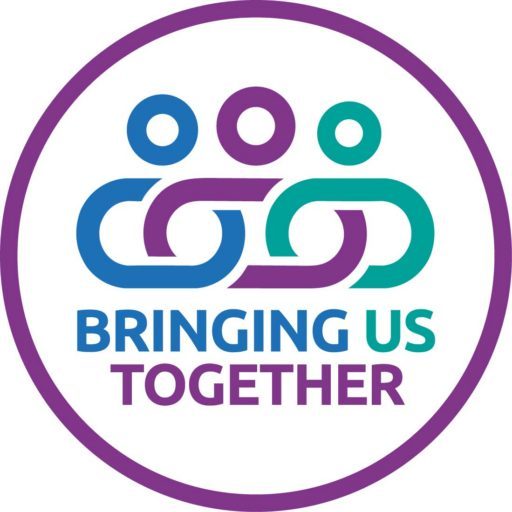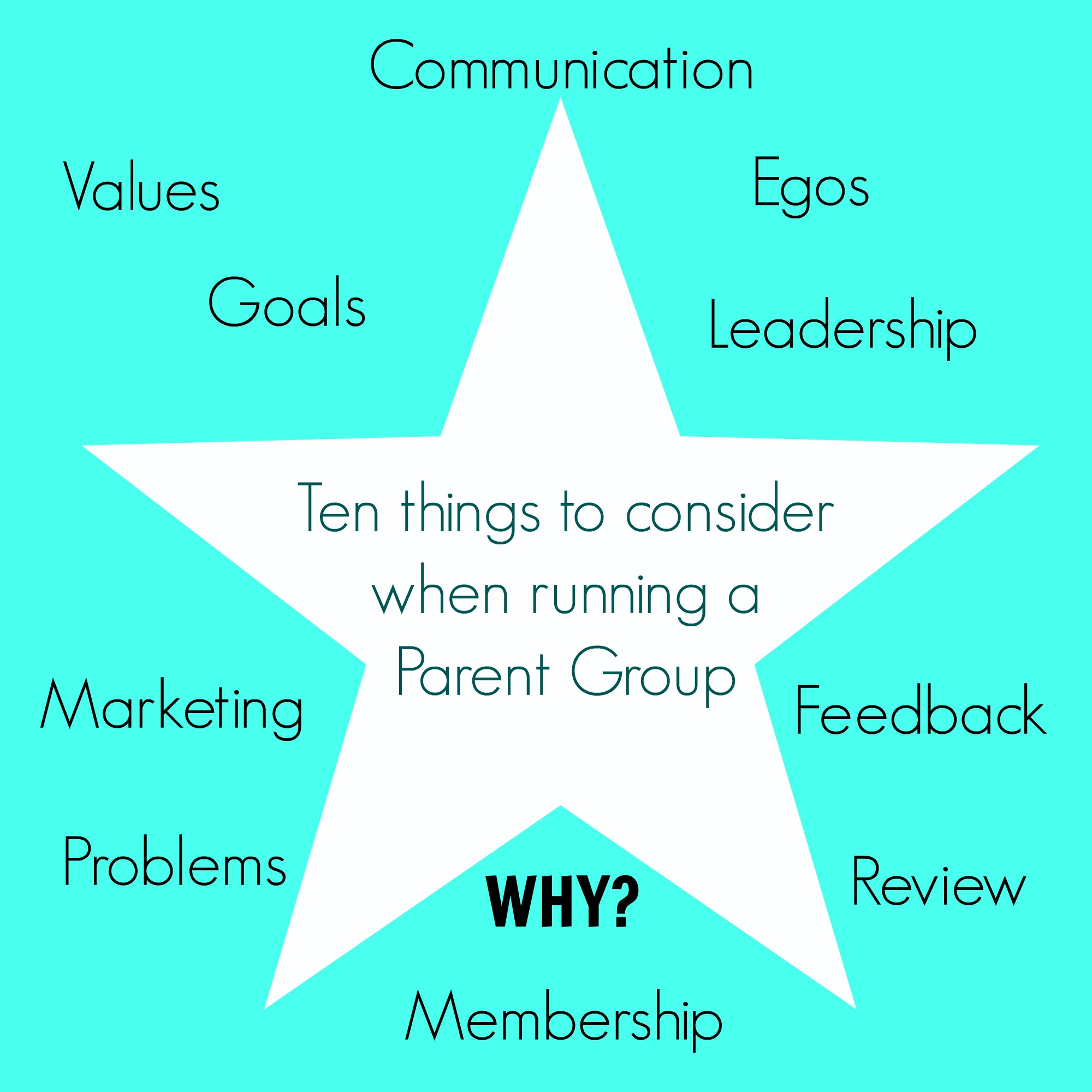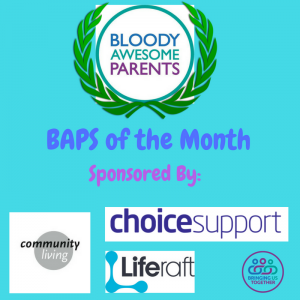Top Tips for practitioners (from parents)
After the success of last week’s post – top tips from one parent to another – we are delighted to continue and share top tips for practitioners. Again, these tips are from a parent. Someone who is living this – the sleepless nights, the numerous meetings, the battles for services. Someone who really does get it.
 Top Tips for practitioners
Top Tips for practitioners
- Don’t make promises you can’t or won’t keep. All that does is tell us you are not to be trusted!
- Do tell what you can do to help and support and be honesty with the limitations you have.
- Please don’t use terms like mild or borderline when describing how my child disability affect them unless you know them well. Snapshot assessments are really unhelpful and are often a personal opinion- the DSM V does not stipulate this a part of the diagnosis process.
- When writing to us after an appointment please ensure that the contents of the letter are representative of the appointment we have had with you. We know we are all only human but those letters are often the only thing we have to prove to agencies like the DWP or the Job centre or even places of leisure that our young person deserves their benefits or their fast rack wristband.
- Give us an opportunity to discuss any difficulties we might be experiencing with our young person when they are not with us; this can be either face to face or in writing or by phone. The harm it creates to discuss the less attractive parts of our young people is immense – often they already experience anxiety or low self esteem and will self blame so this needs to be avoided, especially at times of high hormones such as puberty!
- Be in the room with us when it is our appointment. Whilst we have met some really great professionals and practitioners we have also met those that are taking personal calls, that are clearly disinterested or taking emails – It doesn’t instill confidence! And if you really do need to take a call in an appointment, tell us, most of us are pretty understanding and can accept a family emergency might be taking place, we have had enough of them ourselves!
- Don’t compare my child with another child – they are all wonderfully unique and deserve to be treated that way.
- Remember to not compare disabilities either – It isn’t helpful and just add to us parent feeling inadequate!
- We are people, families, individuals, we’re not customers, numbers or service users! If you need to refer to us as anything then our name will suffice, thank you!
- Remember you will often be one step ahead of us mentally as the chances are you are not chronically sleep deprived. This may mean that we contact you after the meeting or phone call we have just had to clarify or change something – we are not trying to be difficult but our processing speed is almost certainly slower than yours the more sleep deprived we are.
What about your top tips for practitioners?
What tips would you share with practitioners? If you could sit down in a room with every single practitioner involved in your child or young person’s life, and they had to listen to you, what one thing would you want them to know?
Top Tips for families from practitioners?
We have received this great tip and wanted to share it with you.
“A tip back from a SENCO: If we have promised something and it hasn’t happened, please remind us. Your child is really important to me but in school I often have things that suddenly happen e.g. A teacher goes sick and I have to teach for 3 days as well as do my normal work, what I promised may just have slipped down the pile whilst I’ve been out of the office. We’re human too.”
You will also like:
Debs is one of the co-founders and Directors of Bringing Us Together. She is mum to three child with a variety of SEND and has a great husband.

 Top Tips for practitioners
Top Tips for practitioners








